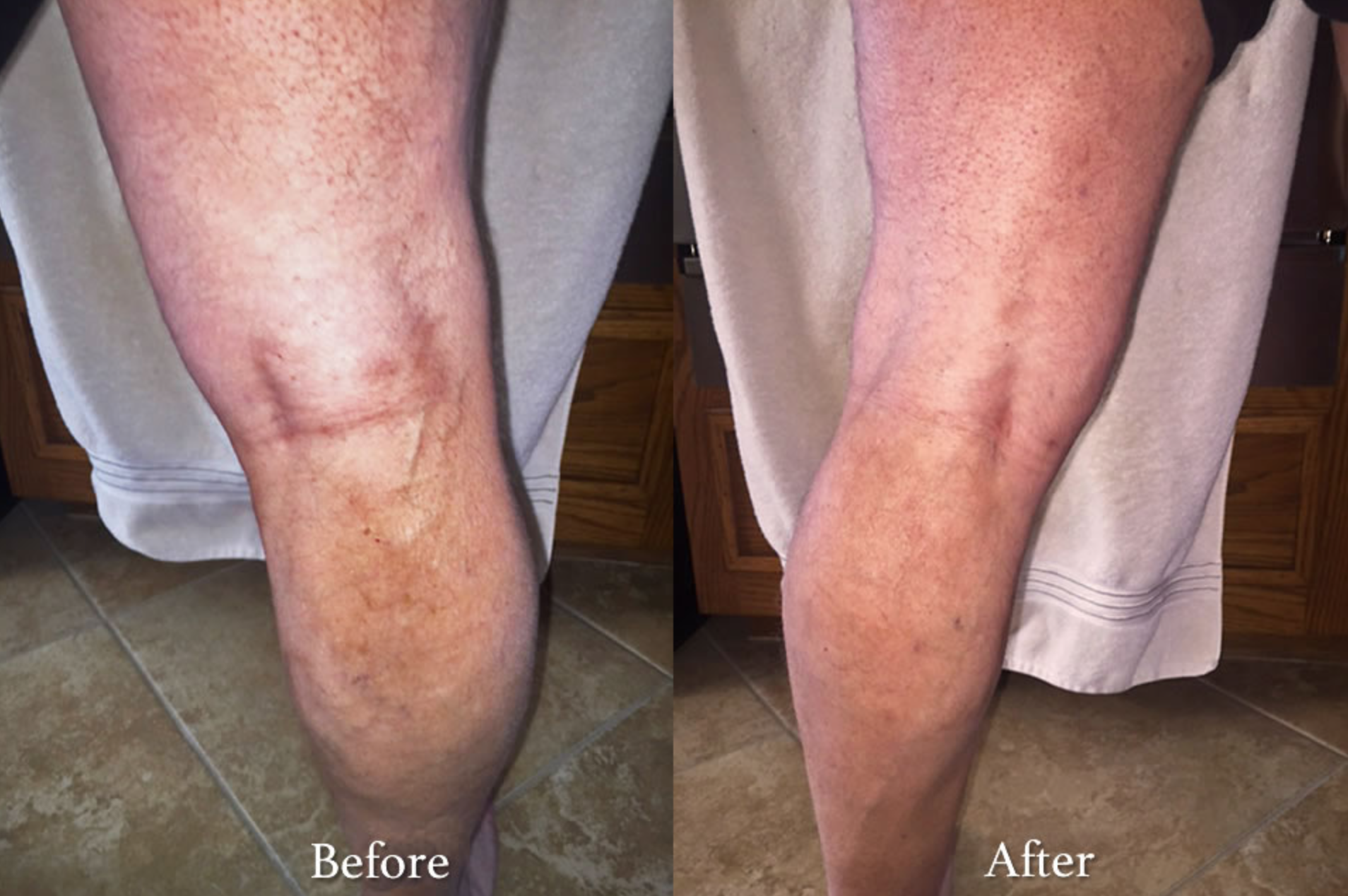Vein Disease: Are You At Risk?
With summer coming to a close, we’re trading in the shorts and mini skirts for jeans and boots. But just because we’re covering up doesn’t mean you should ignore anything unsightly going on with your stems — there could be a bigger reason behind it. If you do have a vein condition, starting treatment in the fall is key to having healthy veins and beautiful legs for next shorts season!
We spoke with our friends at Charlotte Radiology about vein conditions and they gave us all the info you need to know about varicose and spider veins (and what to do about it).
This tip is in partnership with Charlotte Radiology.
We know what you’re thinking: Can a vein condition happen to me?
Vein disease can happen to anyone. More than 50% of women and men in the United States suffer from some type of vein condition, typically between the ages of 25 and 75. It is true, however, that as you age, the valves in your veins may weaken and not work as well. Risk factors include:
- medical and hereditary history
- increasing age
- hormonal changes
- pregnancy
- obesity
- immobility
- sun exposure
So, what should I look out for?
Varicose veins are the most obvious and visual symptom of vein disease. They can occur when the valves in leg veins become weak and can no longer function properly by pumping blood back to the heart, causing blood to pool. This abnormal collection will push the vein walls outward, causing the vein to enlarge and bulge.
Spider veins are the more common, cosmetic kind of vein disease, but can be an underlying symptom of a deeper vein issue. Spider veins are like varicose veins, but smaller and closer to the surface of the skin. Often they are red or blue in appearance and can look like tree branches or spider webs with their short, jagged lines. They can be found on the legs and face and can cover very small or very large areas of skin.

And those are the only symptoms?
Not everyone suffers from visible indications of vein disease. Other symptoms include:
- Fatigued, heavy feeling legs
- Leg pain, especially caused by periods of prolonged standing or sitting
- Swollen ankles, especially at the end of the day or after periods of prolonged standing or sitting
- Itching, cramping, burning or tingling in the legs and/or feet
- Discoloration of the skin
- Leg cramps that wake you up at night
- Family history and/or personal history of symptomatic varicose veins
What should I do if I see symptoms of vein disease?
Vein disease can often be prevented by living an active, healthy lifestyle — that’s where we come in! However, these conditions can happen to anyone. Contact Charlotte Radiology (or your local vein specialists) as soon as you see any of these symptoms! Charlotte Radiology’s Vein Centers offer the latest in minimally-invasive procedures for the treatment of varicose and spider veins. Their interventional radiologists are highly-experienced and able to treat your pain right at its source! Many of these procedures are even covered by insurance. If you have any questions about your vein health, contact Charlotte Radiology at (704) 367-7877 or schedule a consultation online.